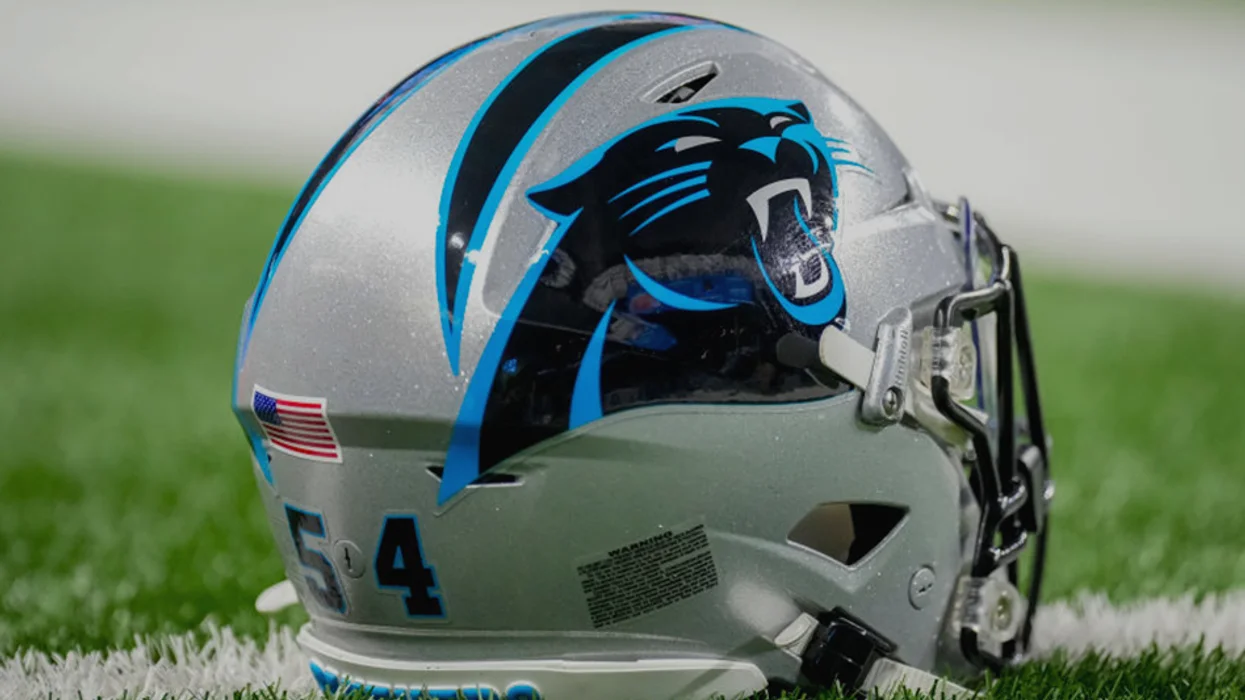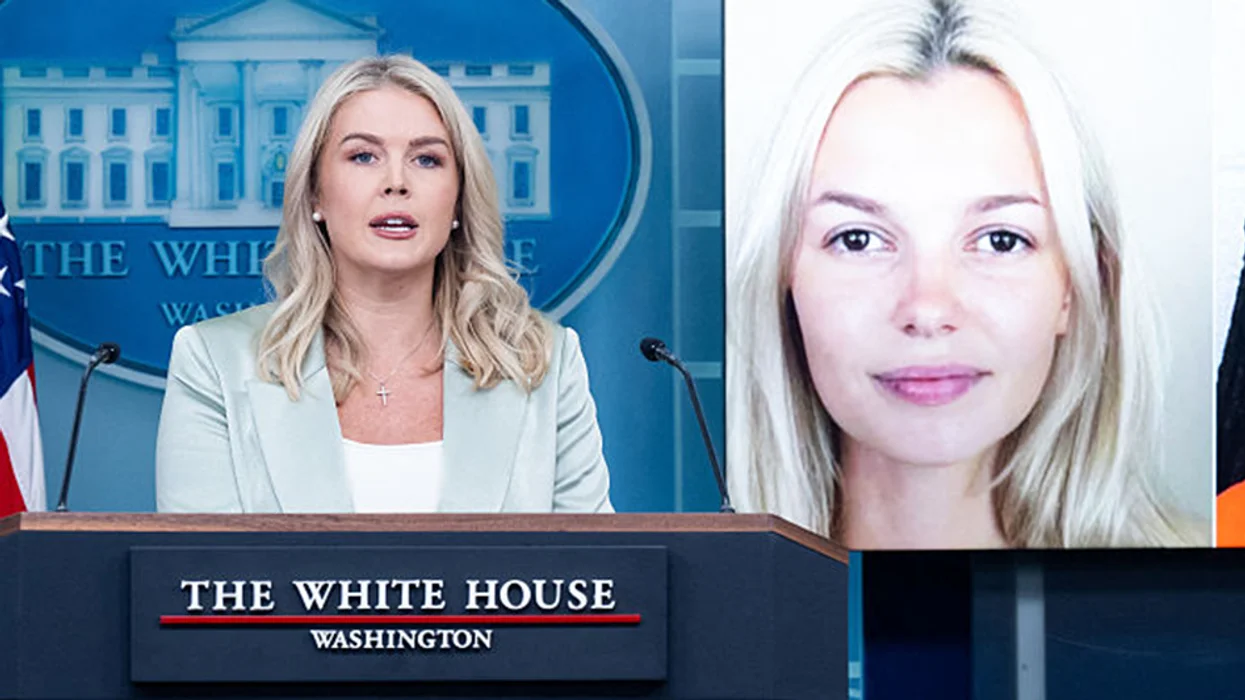
© 2025 Blaze Media LLC. All rights reserved.
Memoir Describes Harrowing Moment Soviet Submarine Readied Strike Against U.S. During Cuban Missile Crisis — and Who May Have Prevented Nuclear War
June 23, 2016
"Because of the difficulty with communications, Moscow had authorized the submarine commanders to fire without further authorization."
If there is an event that starkly encapsulates the political and emotional climate of the Cold War, it's hard to argue that any other does the job like the Cuban Missile Crisis.
For 13 days in October 1962, the United States and the Soviet Union engaged in a dangerous standoff that brought the world to the brink of nuclear war. The U.S. discovered the Soviets were stockpiling nuclear missiles on Cuba, just 90 miles south of Florida, thereby providing a launch site that put much of America's eastern seaboard at risk.
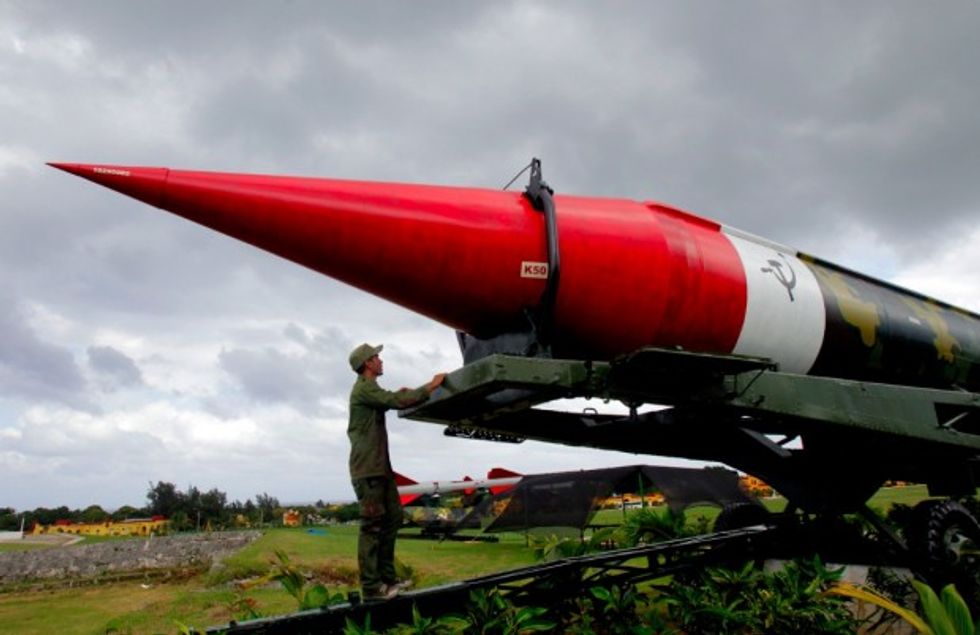
In one part of his memoir "My Journey at the Nuclear Brink," William J. Perry — the U.S. Secretary of Defense from 1994 to 1997 — detailed his experiences as part of a group tasked with gathering intelligence on the Soviet missiles on Cuba and relaying that data to President John F. Kennedy every morning during the crisis.
But the gravity of the situation hit millions of American homes when Kennedy addressed the nation on television, disclosed the U.S. Navy's blockade of Cuba to prevent the Soviets from unloading additional missiles — and added that any missile launched from Cuba would be met with full retaliation.
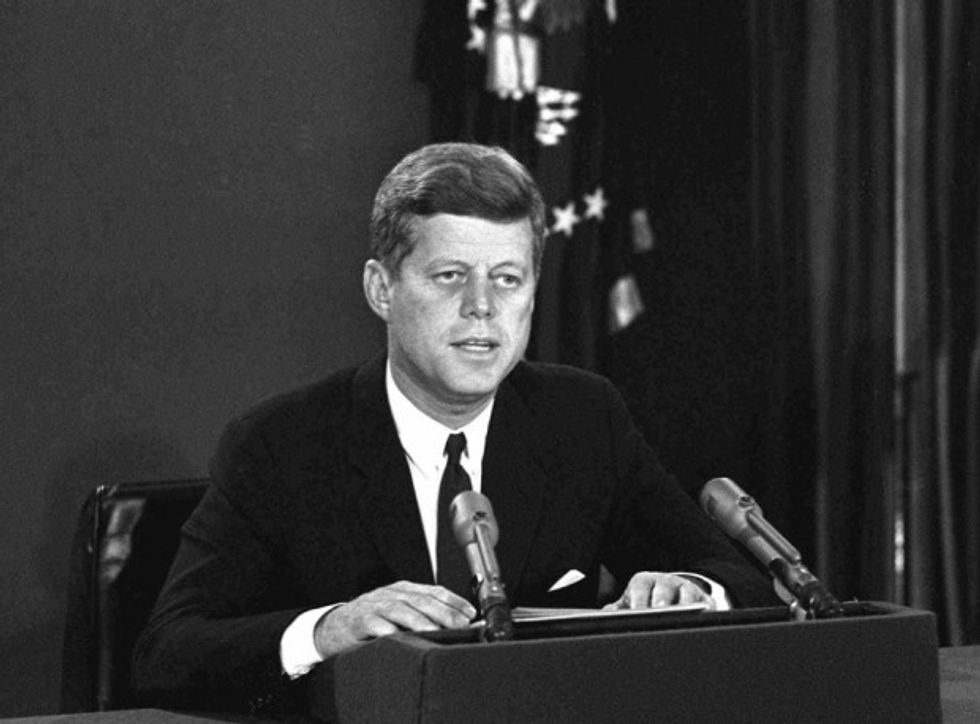
Many panicked, hoarding goods such as gas and food. Perry had been studying all things nuclear for years and knew the end could be close. A profile of "My Journey at the Nuclear Brink" in the New York Review of Books noted that, during the crisis, he wondered on any given day if it might be “my last day on earth.”
The short version of what happened next is that the Soviets didn't break the blockade and the crisis was soon averted through diplomatic means. However, Perry added a crucial, singular action that isn't widely discussed but looms quite large as a key reason why the world's two dominant powers at the time didn't enter into nuclear war.
As Soviet ships neared the blockade, they had with them submarine escorts armed with nuclear torpedoes. "Because of the difficulty with communications, Moscow had authorized the submarine commanders to fire without further authorization," the New York Review of Books profile said. "When an American destroyer tried to force a submarine to surface, both its captain and the political officer decided to fire a nuclear torpedo at the destroyer."
But that all changed because of Vasili Arkhipov, the overall commander of the Soviet fleet who also was aboard the submarine — and struck down the order to launch.
A launch could have resulted in what anyone paying attention to the Cold War knew was mutually assured destruction — the grim promise that any act of aggression meant both sides would be destroyed in the holocaust to follow.
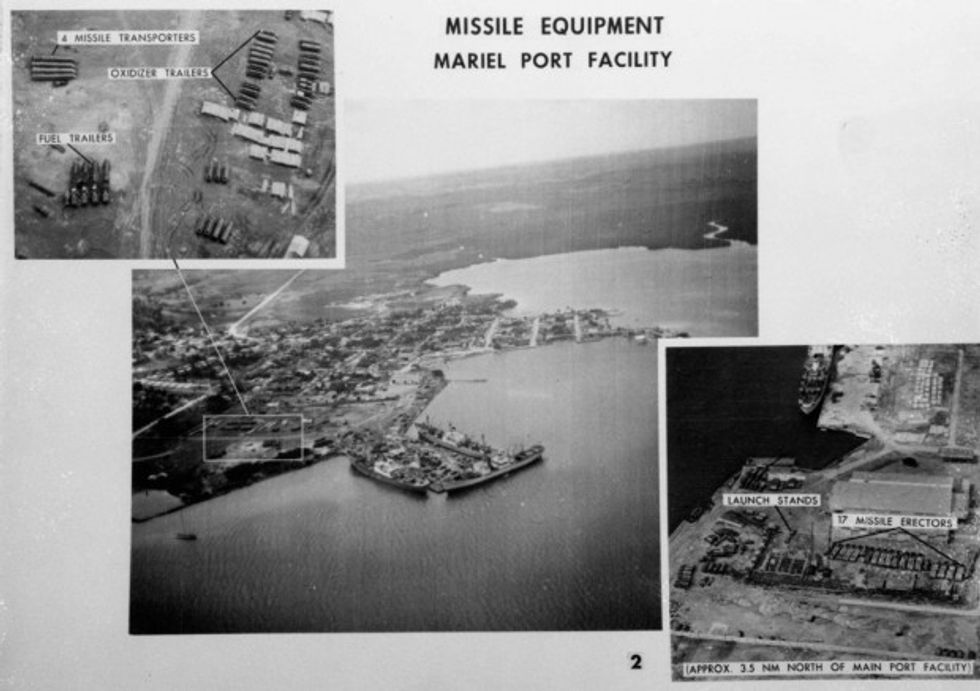
That it was one man's decision to avert such a result and perhaps save the world is at once a terrifying and sobering consideration.
The account also was the subject of PBS program a few years back titled "The Man Who Saved the World":
(H/T: Business Insider)
Want to leave a tip?
We answer to you. Help keep our content free of advertisers and big tech censorship by leaving a tip today.
Want to join the conversation?
Already a subscriber?
Sr. Editor, News
Dave Urbanski is a senior editor for Blaze News.
DaveVUrbanski
more stories
Sign up for the Blaze newsletter
By signing up, you agree to our Privacy Policy and Terms of Use, and agree to receive content that may sometimes include advertisements. You may opt out at any time.
Related Content
© 2025 Blaze Media LLC. All rights reserved.
Get the stories that matter most delivered directly to your inbox.
By signing up, you agree to our Privacy Policy and Terms of Use, and agree to receive content that may sometimes include advertisements. You may opt out at any time.




